Selecting between a tent and a tarp for your camping gear is a pivotal decision that can greatly impact your outdoor experience. Each type of shelter offers distinct advantages and drawbacks depending on your adventure’s needs. To help you make an informed choice, here’s a fresh look at how to decide between a tarp and a tent, considering essential factors and incorporating key considerations such as the best tarp for camping and the best camping tarp.
Tarps or Tents? Key Factors to Consider
- Durability and Maintenance:
- Tents: Typically constructed from robust, weather-resistant materials, tents are built to withstand various conditions but may be complex to repair.
- Tarps: Often made from durable materials like ripstop nylon or canvas, the best waterproof tarp for camping can handle rough use and is relatively easy to patch. For enhanced durability, consider heavy duty custom tarps or custom made canvas tarps.
- Setup Ease and Daylight Conditions:
- Tents: Designed for simplicity and speed, modern tents feature color-coded poles and straightforward assembly, making them ideal for quick setup even in low-light conditions.
- Tarps: Require more skill and time to set up due to their versatile configurations. The best tarp shelter for rain needs careful rigging, which is best done during daylight.
- Temperature Adaptability:
- Tents: Offer better insulation, making them suitable for cooler temperatures.
- Tarps: Provide minimal insulation. For cold weather, you’ll need additional layers or gear. The best camp tarp or good tarp for camping should be complemented with appropriate insulation for cold conditions.
- Weather Protection:
- Tents: Offer comprehensive protection from rain, wind, and cold, creating a reliable shelter in diverse weather conditions.
- Tarps: Provide basic coverage and are effective in mild conditions. While not always ideal for severe weather, the best waterproof tarp for camping can offer significant protection if set up correctly.
- Packability and Space:
- Tents: Generally bulkier and heavier, taking up more space in your backpack. Lightweight models exist but can be costly.
- Tarps: Compact and lightweight, making them ideal for minimalist and backpacking trips. The best camping tarp should be easy to pack and carry.
- Terrain Compatibility:
- Tents: Versatile and stable on various terrains, including uneven and rocky surfaces.
- Tarps: Best suited for flatter, smoother terrain. Their setup can be challenging on rough ground.
- Comfort and Privacy:
- Tents: Provide a private, enclosed space that can feel more secure and comfortable, especially in populated or wildlife-rich areas.
- Tarps: Offer an open, less private experience. While they connect you with nature, they might not provide the same level of security or comfort from wildlife. Consider custom tarps with grommets for added versatility and setup options.
- Ventilation and Moisture Control:
- Tents: Can suffer from condensation issues, though many models feature ventilation systems to help reduce moisture.
- Tarps: Excellent for ventilation, minimizing condensation and maintaining a dry interior. A good tarp for camping should provide ample airflow to keep the interior comfortable.
- Weight Considerations:
- Tents: Heavier and more cumbersome, though ultralight options are available for those who need to balance weight and durability.
- Tarps: Generally lighter, making them a preferred choice for those prioritizing weight savings. The best tarp for camping will be lightweight yet durable.
- Cost:
- Tents: Tend to be more expensive, particularly for high-quality models with advanced features.
- Tarps: More affordable, offering a cost-effective solution for budget-conscious adventurers. Custom printed tarps can also be an economical choice with added personalization.
Quick Comparison: Tents vs Tarps
| Benefit | Tent | Tarp |
| Weight | Heavier | Lighter |
| Ease of Setup | Easy | Requires Skill |
| Rain Protection During Setup | Full coverage | Partial coverage |
| Rain Protection Overnight | Excellent | Limited |
| Ventilation | Limited in some models | Excellent |
| Warmth | Better insulation | Less insulation |
| Insect Protection | Built-in features | Needs additional measures |
| Head Room | Spacious | Depends on setup |
| Privacy | High | Minimal |
| Durability | High | High |
| Surroundings View | Limited | Open View |
| Cleaning Ease | Moderate | Easy |
| Repair Ease | Moderate | Easy |
| Year-Round Use | Yes | Limited |
| Summer Coolness | Limited | Cooler |
| Cost | Higher | Lower |
| Packability | Less compact | Highly compact |
Choosing between a tent and a tarp depends on your specific needs and preferences. Tents are ideal for those who prioritize comfort, protection, and ease of use, especially in unpredictable weather conditions. Tarps, on the other hand, are perfect for those seeking a lightweight, versatile, and cost-effective shelter that connects them more directly with their environment. For those seeking customized options, consider custom printed tarps or custom tarps with grommets for a tailored solution.
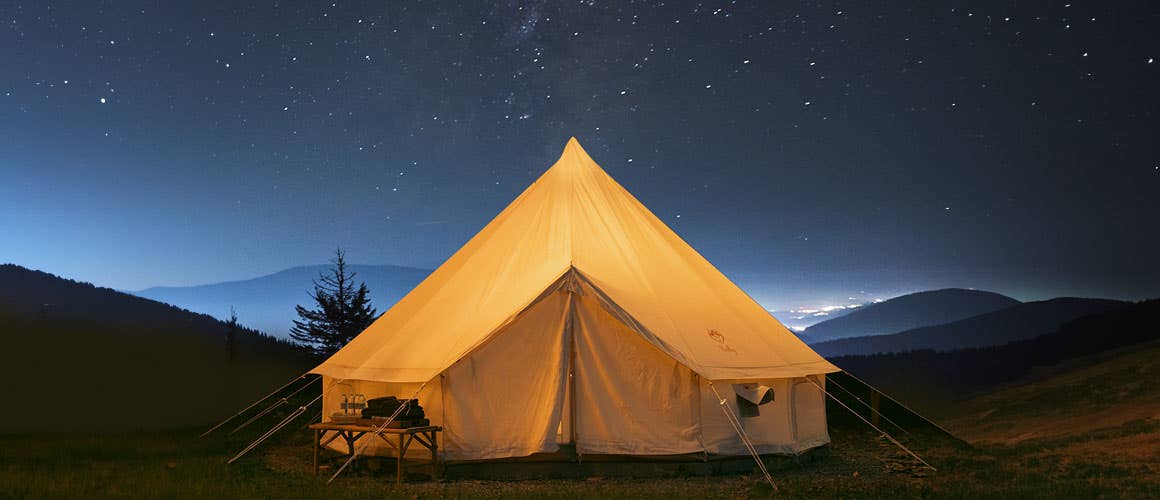
By considering these factors and understanding the benefits of each option, you can make an informed decision and enhance your outdoor adventures. Whether you choose the full coverage of a tent or the minimalist appeal of a tarp, selecting the right shelter will ensure a more enjoyable and comfortable camping experience.
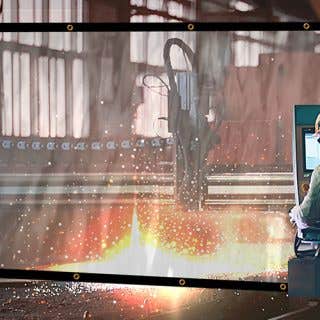


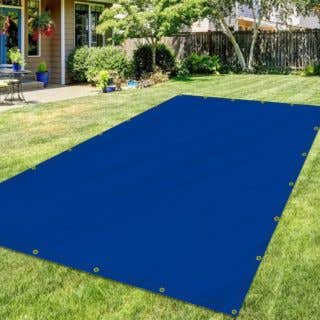


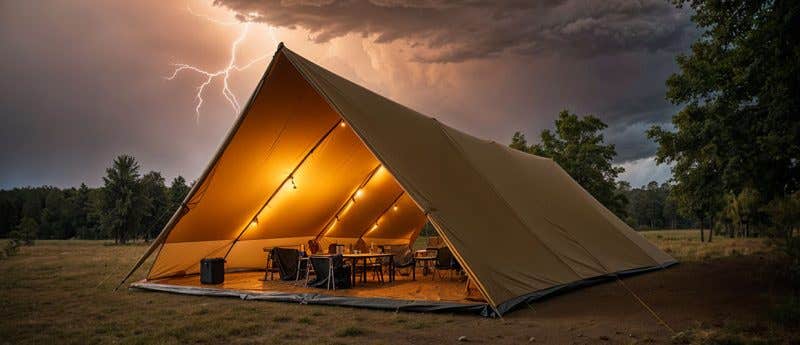
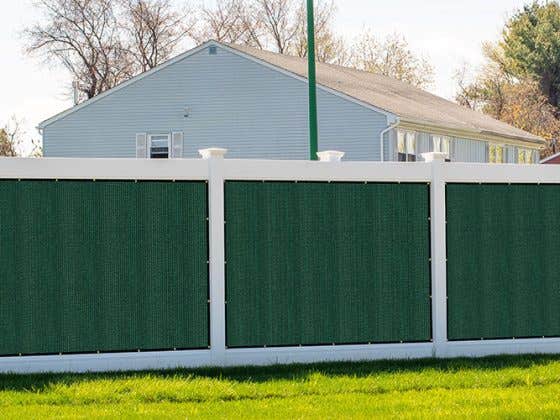

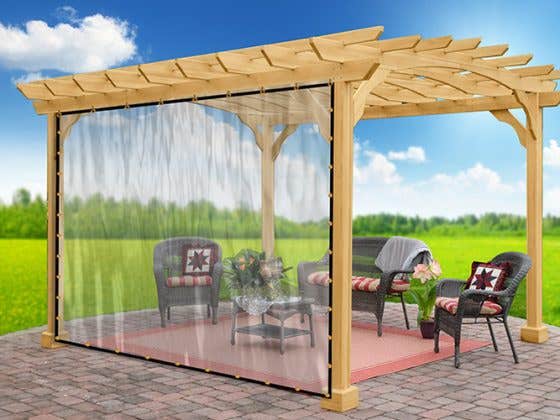
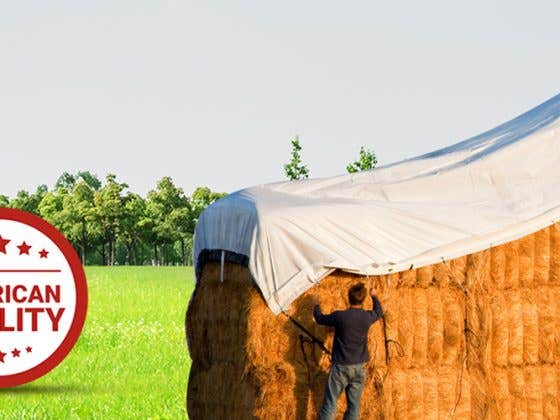
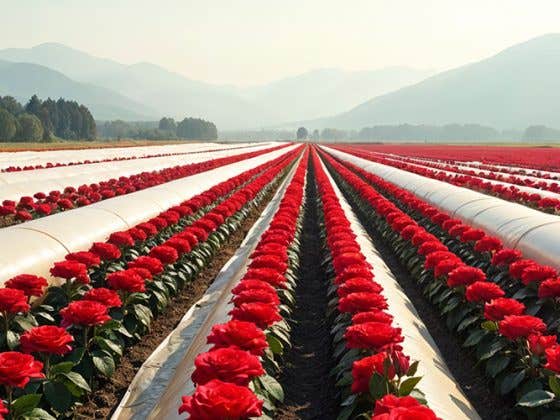
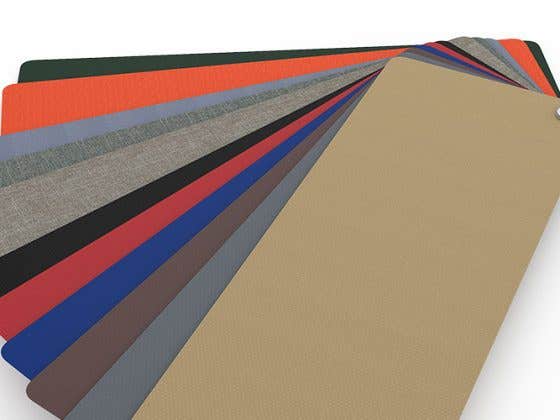
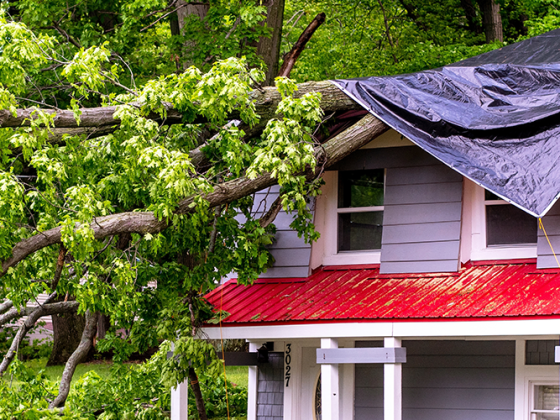
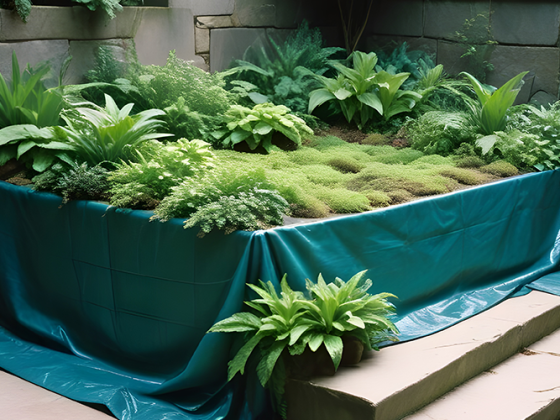
Recent Comments